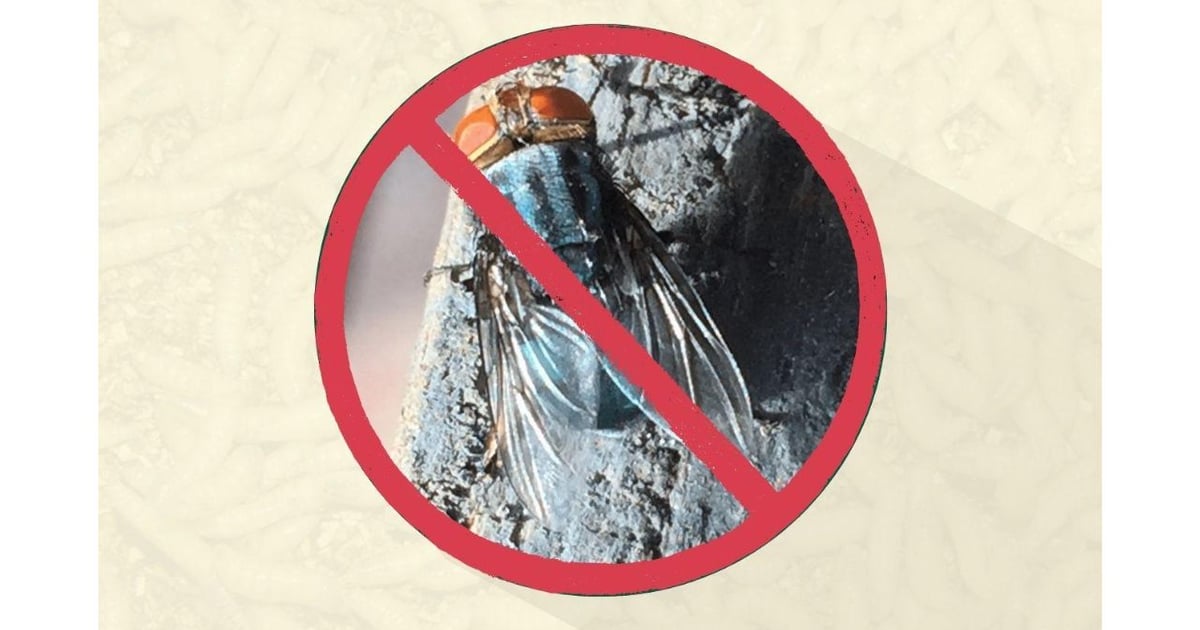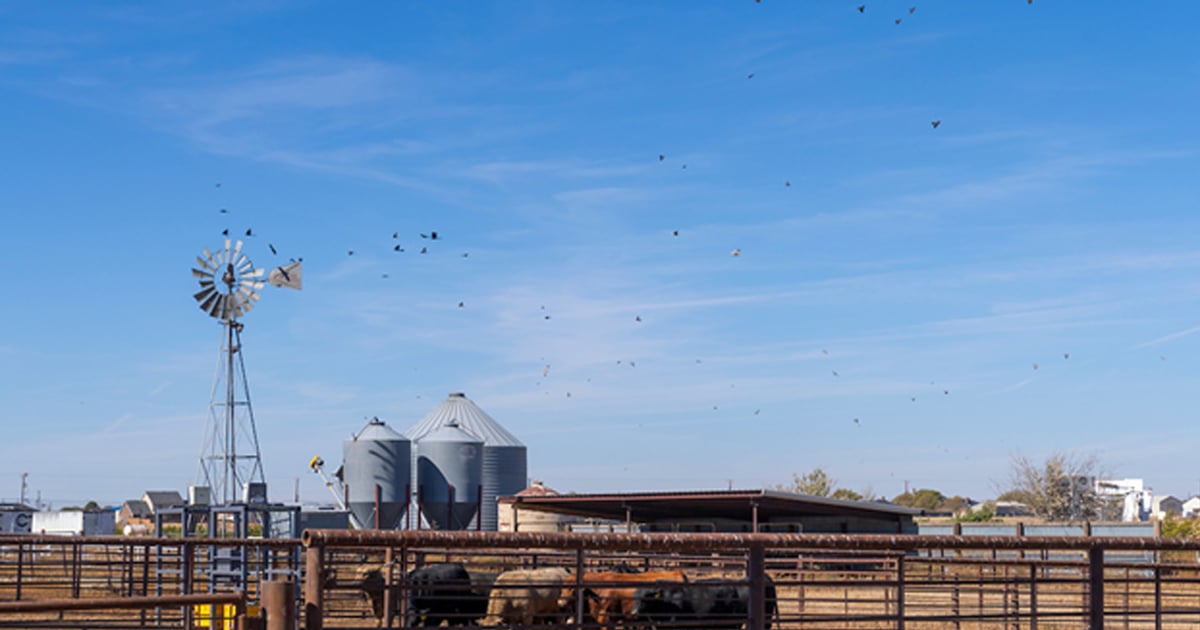California evaluating wolf-livestock compensation pilot program
Posted on February 13, 2024 by Krissa Welshans
Source: Farm Progress. The original article is posted here.

California Cattlemen’s Association (CCA) says it is "incredibly concerned" about the rise of livestock depredations following the growth and expansion of the state’s wolf population. The California Department of Fish and Wildlife (CDFW) released officials numbers this week, revealing that since August 2023, it has investigated 31 depredations and confirmed 18 cattle depredations across 16 incidents. Four lamb depredations were also reported in a single incident during the timeframe. CDFW says it will now finalize review of existing program applications and eligibility of livestock producers to receive payments for direct losses.
CCA’s Vice President of Government Affairs Kirk Wilbur reports that a total of 38 cattle depredations by wolves were confirmed in 2023 across 33 incidents, with another seven incidents deemed “probable.” Wilbur says the Whaleback pack in Siskiyou has become particularly habituated to preying on cattle, accounting for 33 confirmed depredations in 2023 and all seven of last year’s “probable” depredation determinations.
“Ranchers steward the land and wildlife resources that allow gray wolves to thrive in rural California, but they also bear the brunt of the economic burden from wolf recovery,” Wilbur says.
California’s Wolf-Livestock Compensation Pilot Program, the first of its kind in the state, has provided support to livestock producers in compensating for direct loss of livestock due to confirmed wolf depredation; supported non-lethal deterrence techniques such as the use of range riders, electrified fencing and flags (turbo fladry), camera surveillance, motion lights and guardian dogs; and compensated livestock producers for the impact of wolf presence on livestock.
CDFW received $3 million in funding from the Budget Act of 2021 and began receiving applications in February 2022. As of January 12, 2024, CDFW had received a total of 102 applications but recently notified the public that the applications received were projected to exhaust the current fund.
CCA says that it has been pleased to work with CDFW to develop “the most comprehensive wolf compensation program in the West” and that it would hate to see the program be terminated.
“Not only does that program compensate ranchers for their losses, it also helps further the department’s goal of implementing non-lethal wolf deterrence and the conflict deterrent effects of the program further benefit wolf recovery in California,” Wilbur says.
CCA is actively encouraging state leaders to include funding for the program in this year’s budget.




